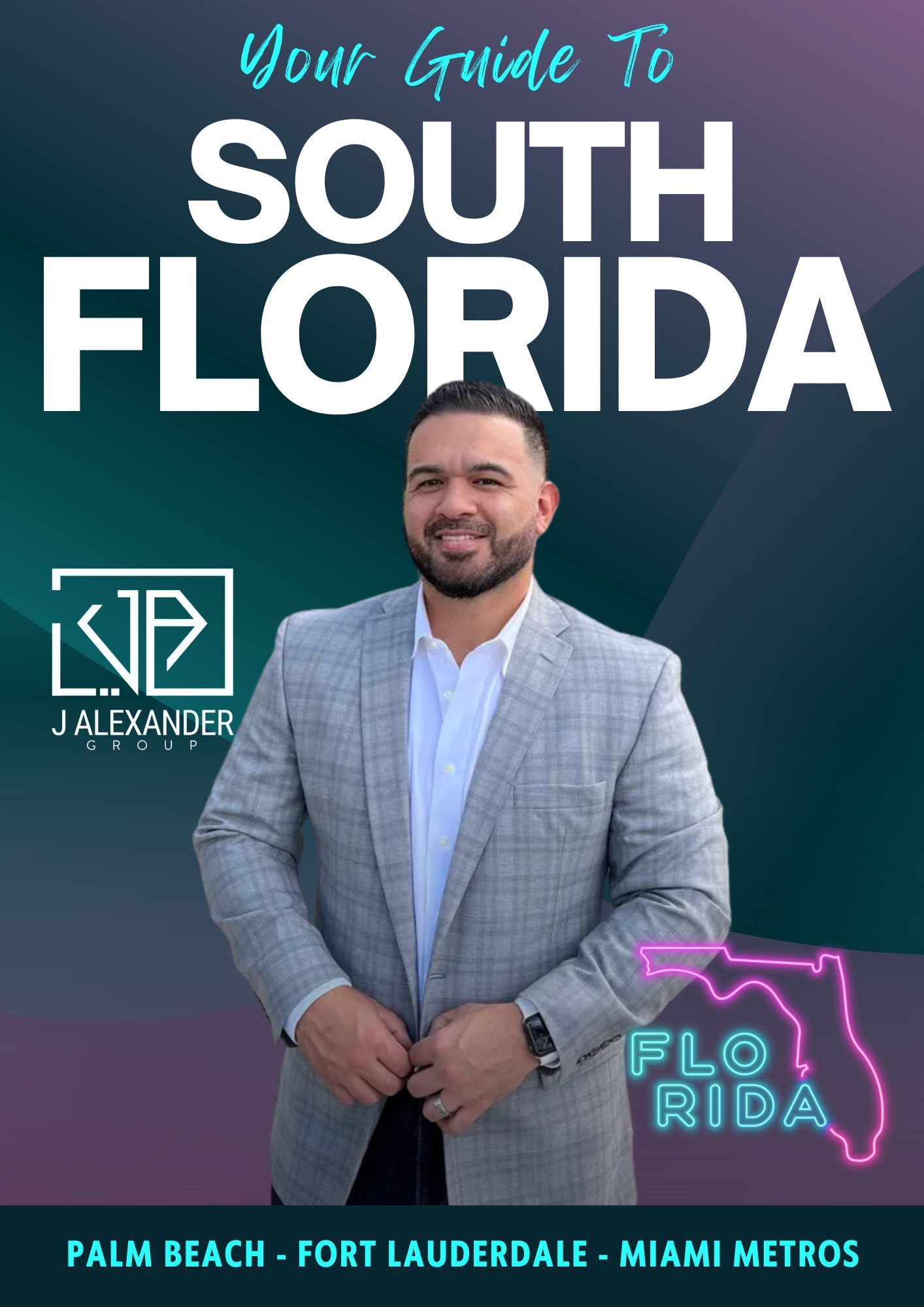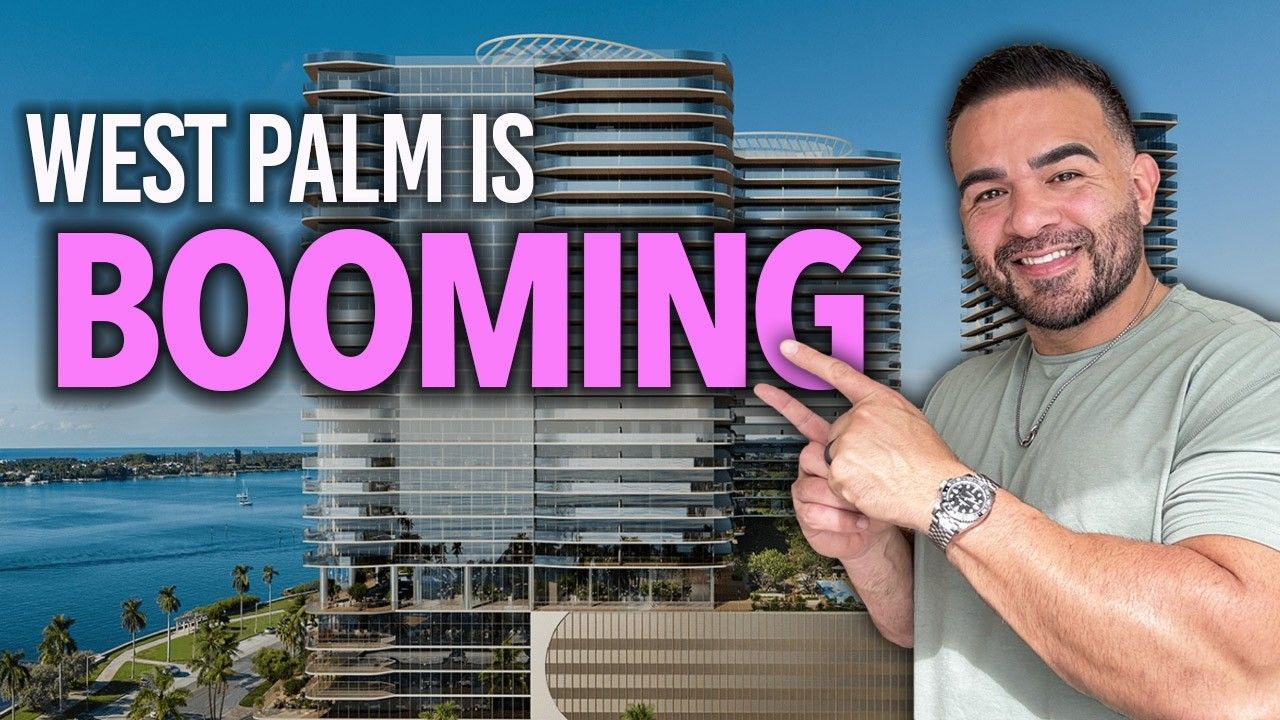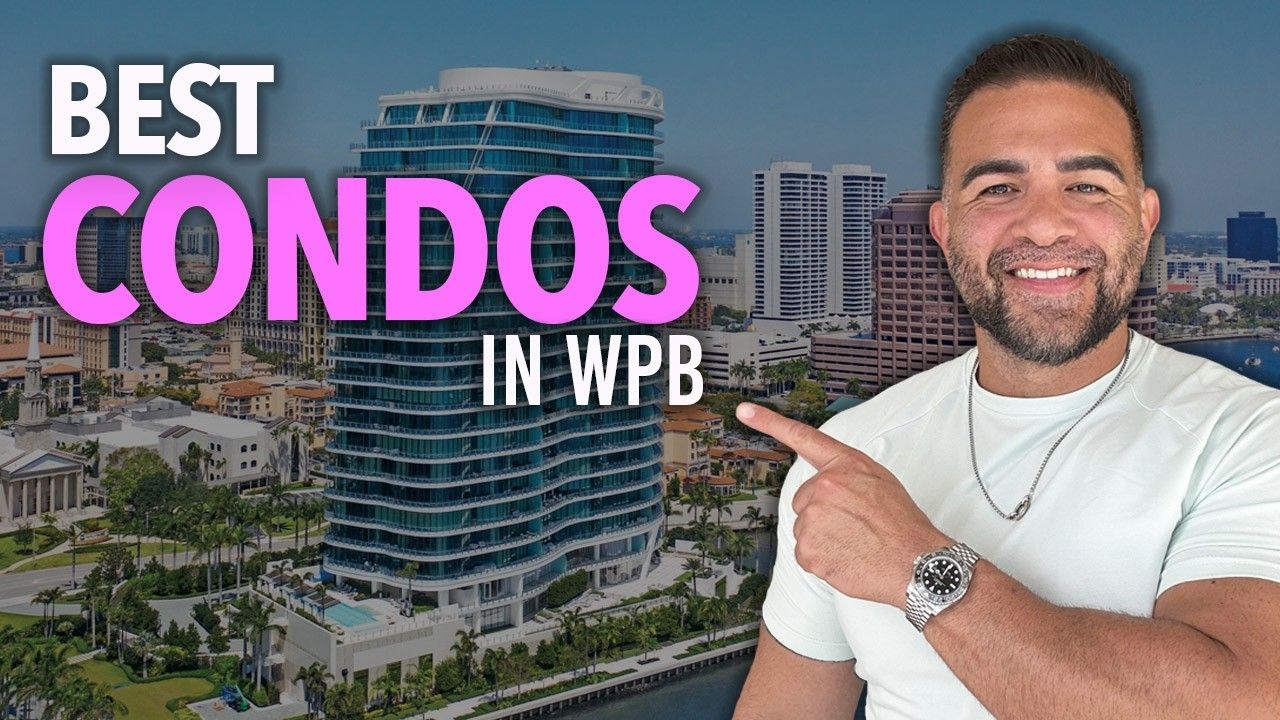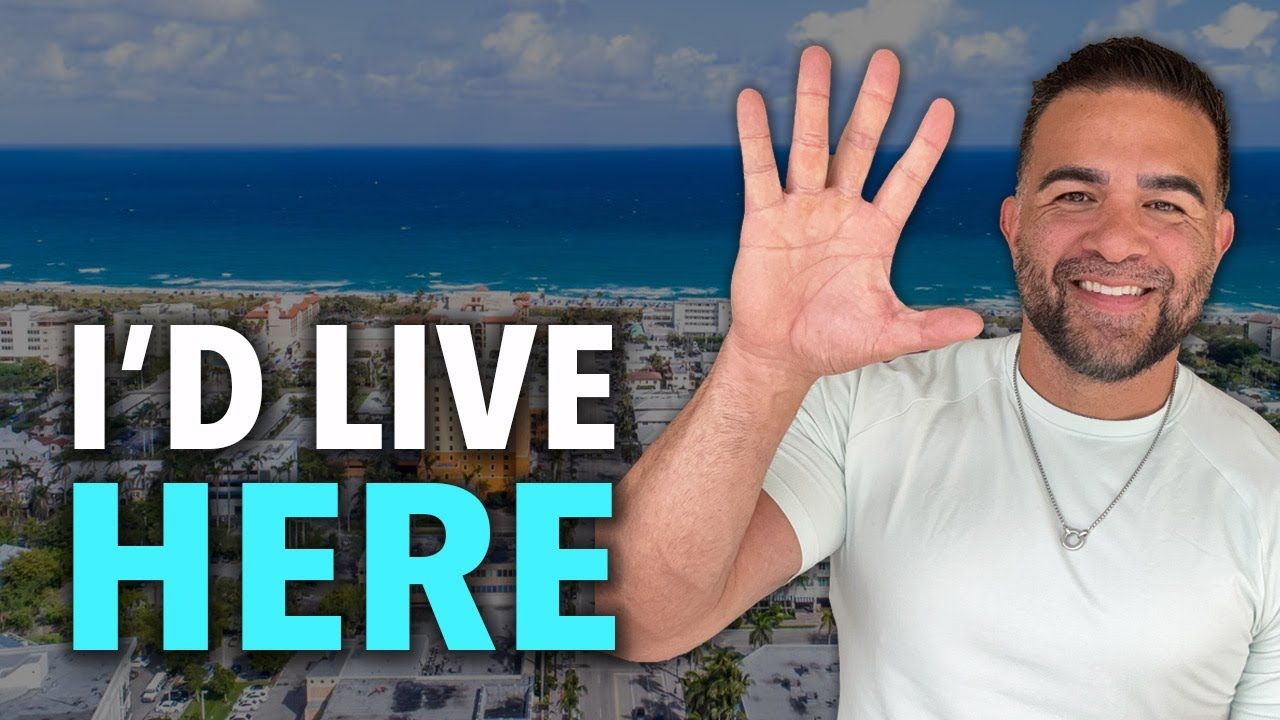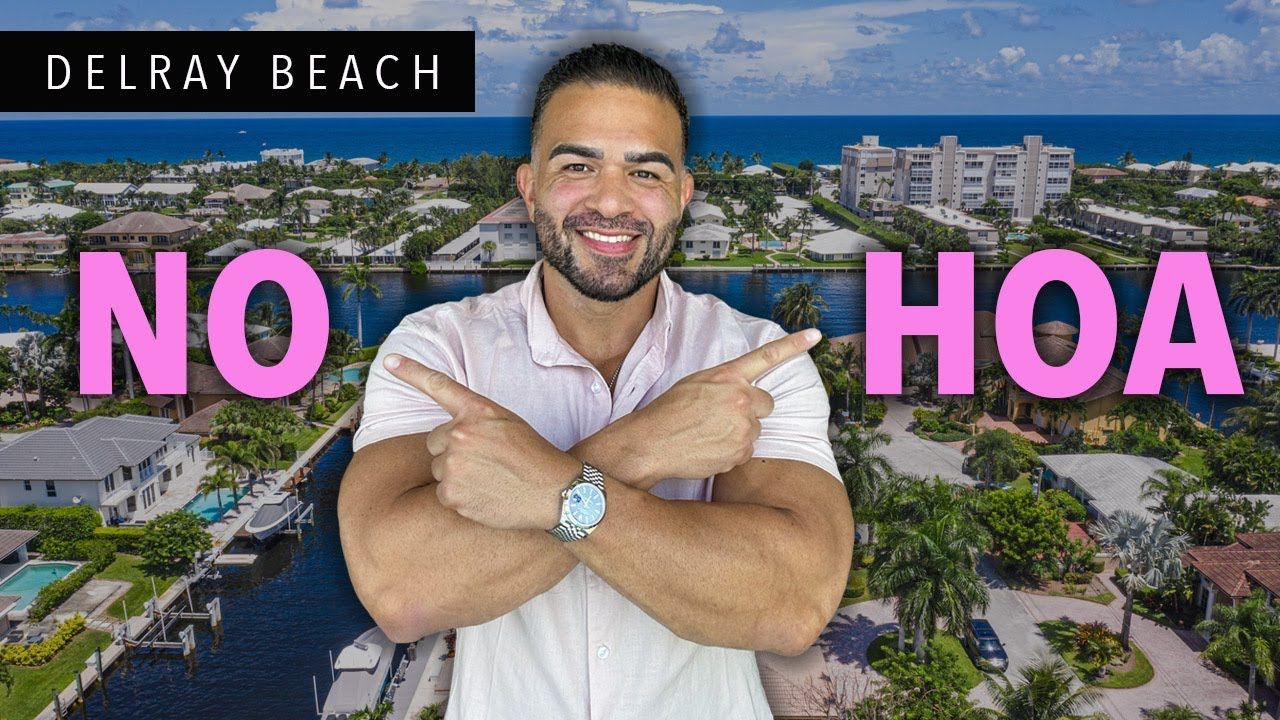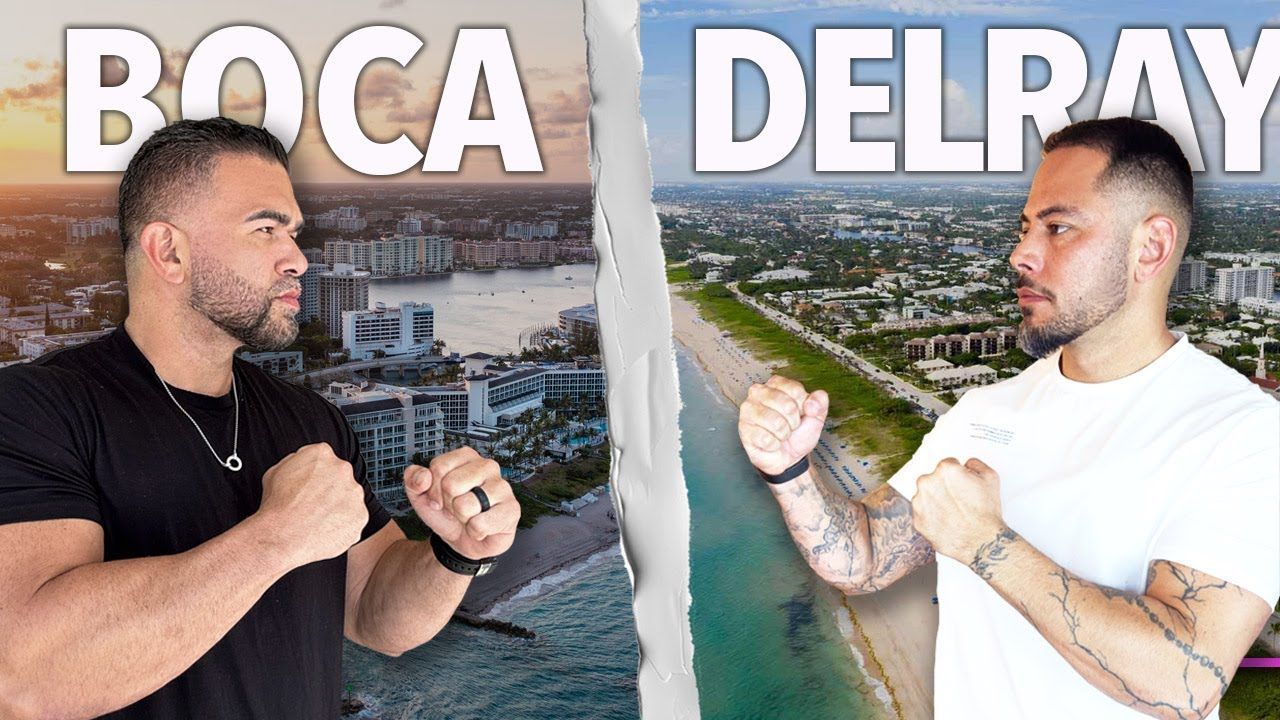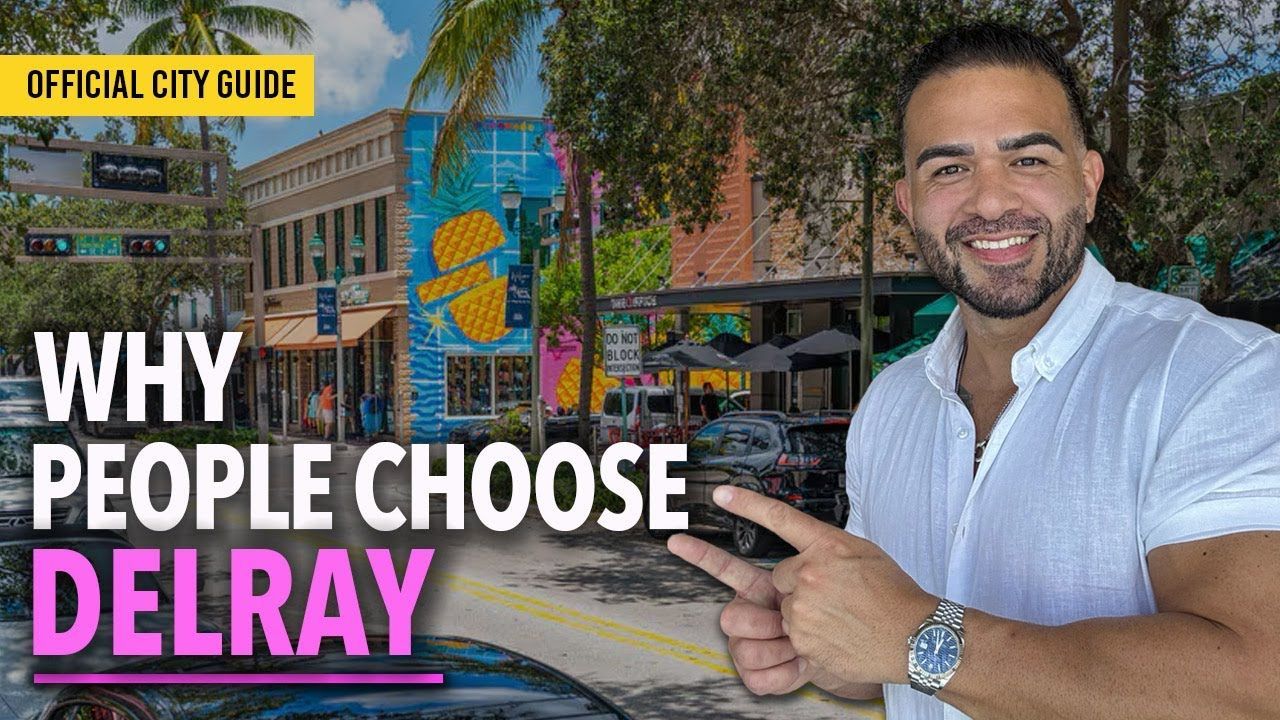Why NYC Millionaires Are Choosing Florida: The Great Wealth Exit
New York City just lit the fuse, and once again, Florida’s luxury real estate market is heating up like never before. In the wake of Zohran Mamdani’s shocking win in the Democratic primary for New York City mayor, a wave of high-net-worth individuals is making a swift exit from Manhattan. The ultra-wealthy are pulling out of deals almost instantly, and brokers like Ryan Serhant have publicly declared their main mission is now moving people from New York to Florida. This is not an isolated trend—it's a significant financial migration already in motion.
My name is Jonathan Alexander, and through our Live South Florida channel, we help successful people relocate, invest, and upgrade their lifestyle here in the Sunshine State. Over the last few weeks, our phones have been blowing up with calls from wealthy buyers, business owners, and entire families wanting to know how quickly they can move their assets, companies, and lives down south. Even Governor Ron DeSantis joked that Palm Beach real estate prices might need seat belts, and honestly, he’s not far off.
If you’ve been considering buying, diversifying, or relocating, this moment right here matters. In this article, we’ll dive deep into why Mamdani’s win is triggering another major wave of departures from New York, what it means for Florida’s high-end real estate market, and how you can position yourself smartly before this migration ramps up even more.
Table of Contents
- How Did We Get Here?
- Where Mamdani Stands on the Issues
- The Plan Was Already in Motion... Now It's About to Surge
- What This Means For You
- Is It Time For You To Explore Florida?
- Frequently Asked Questions
- Conclusion
How Did We Get Here?
What just happened in New York City that has so many high-net-worth individuals scrambling to call Florida real estate agents and financial advisors? The answer centers on one person: Zohran Mamdani. A 33-year-old Democratic socialist, Mamdani shocked the political establishment by winning the Democratic primary for New York City mayor. But the real disruption isn’t just that he won—it’s what he stands for.
Mamdani’s platform is aggressively focused on taxing the ultra-wealthy, freezing rents citywide, and shifting many private sector functions into government hands. This includes everything from housing and grocery stores to public development projects. While he pitches this as a bold move toward equity and affordability, for business leaders, investors, developers, and top income earners, this reads as a direct challenge to how they live, invest, and operate.
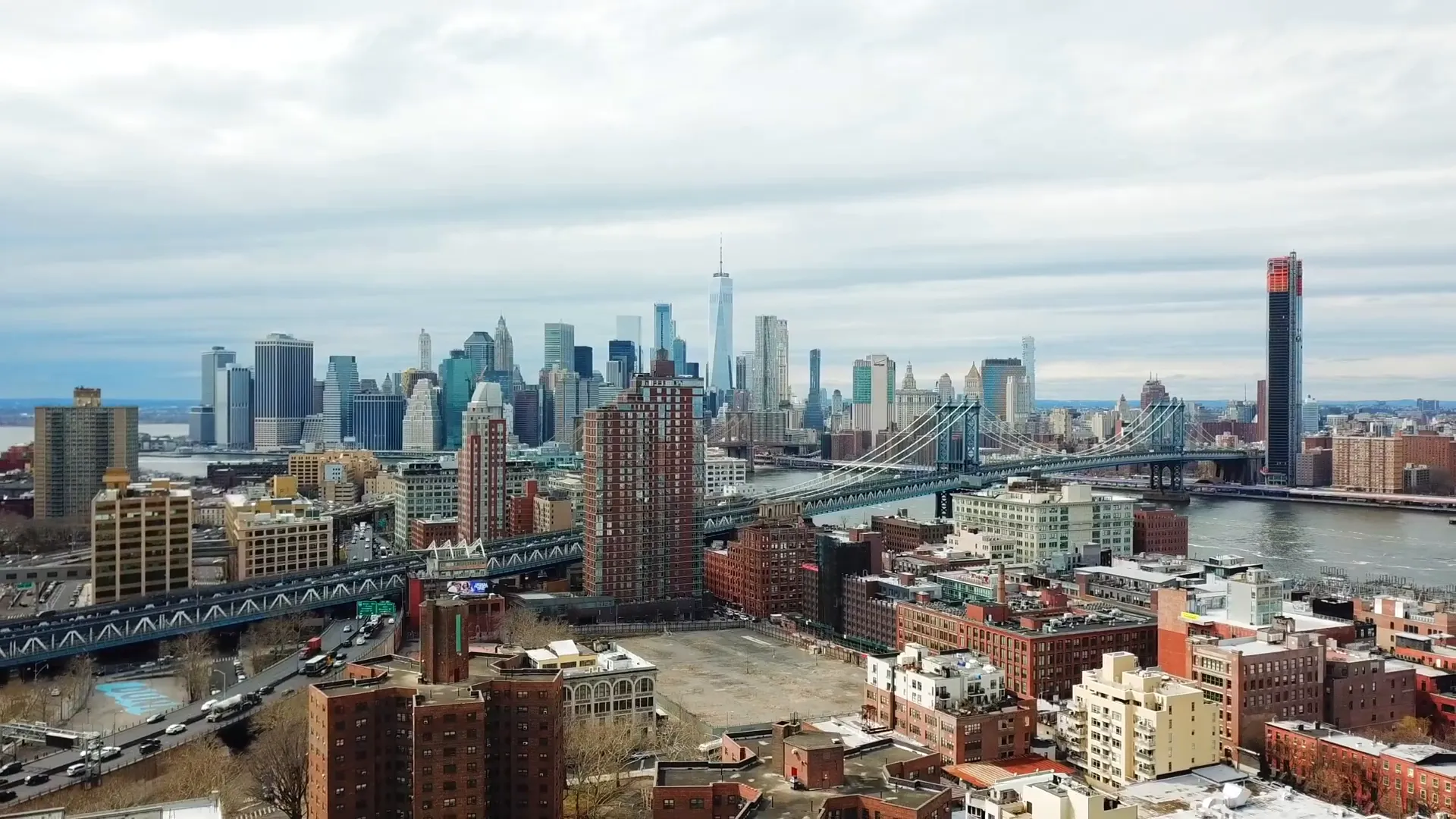
The reaction was immediate and telling. Within hours of the primary results, buyers began walking away from luxury real estate deals in Manhattan. Billionaire John Catsimatidis publicly questioned whether he would continue doing business in the city, and hedge fund manager warned this could trigger a capital flight of epic proportions. Ackman even said if just 100 of the top earners in his industry left, New York could lose up to $10 billion in tax revenue. This is not just speculation—it’s a financial reality unfolding right now.
From what I’ve personally witnessed, the shift is already happening. Clients are texting, emailing, and calling, asking about Palm Beach, Boca Raton, Fort Lauderdale, and Miami. This isn’t casual window shopping; these are active plans being made to relocate.
Where Mamdani Stands on the Issues
To understand why so many successful New Yorkers are second-guessing their future, let’s break down the core of Mamdani’s platform and the implications for wealthy residents.
Housing
Mamdani wants to immediately freeze rents on all rent-stabilized apartments and build 200,000 new affordable, union-built units over the next decade. He’s also calling for faster development approvals, expanded tenant protections, and even a new office dedicated to deed theft prevention to guard against title fraud.
On the surface, this sounds like a pro-tenant policy. However, freezing rents and heavy regulation can quickly choke private investment. If developers cannot see a return on their investment, they will stop building. Landlords might reduce maintenance or pull out of the rental market entirely. With price controls in place, real estate loses its appeal as a vehicle for long-term growth and passive income. Simply put, if you remove the upside, you remove the incentive.
Public Transportation
Mamdani proposes eliminating bus fares citywide and prioritizing faster transit with expanded lanes and tech infrastructure. While free transit sounds great in theory, it comes with a steep price tag. If fare revenue disappears without a sustainable replacement, the city could face service cuts, funding gaps, and worsening infrastructure problems, making the city less livable for everyone.
Cost of Living and Labor
Mamdani’s plan includes city-owned grocery stores that pay no rent or property taxes and operate at wholesale margins. He also supports free childcare from infancy through kindergarten and aims to raise the minimum wage to $30 an hour by 2030.
For many, this signals a fundamental shift toward government control over traditionally private industries. The city would no longer be just a regulator but a competitor against its own business owners. For wealthy residents and entrepreneurs, it raises a critical question: if the city owns the infrastructure, controls pricing, and heavily taxes success, what’s the incentive to stay?

Moreover, a $30 minimum wage—especially without phased implementation or regional balancing—could strain small businesses in hospitality, food, and retail sectors. It may accelerate automation, reduce job opportunities, and increase prices across the board.
Education
Mamdani’s platform also calls for redistributing school funding, expanding services for homeless students, and investing in green energy upgrades for around 500 schools, including HVAC overhauls and solar energy hubs. While ambitious and idealistic, these initiatives are expensive and depend heavily on sustained tax revenue from the very group now considering leaving.
Taxation
Finally, the big one: Mamdani wants to add a 2% city income tax on anyone earning over $1 million annually and raise the corporate tax rate to 11-12%. For high-net-worth individuals and business leaders, this isn’t just an increase—it’s a clear signal that they are the target and the funding source.
The immediate result? People aren’t sticking around to debate the policies. They’re calling their CPAs, attorneys, and real estate agents. They’re restructuring residency, moving capital, companies, and families to more financially friendly markets like Florida.
Whether you support these policies or not, the market is reacting now. Deals are stalling, investment dollars are shifting, and conversations that once seemed theoretical are becoming very real. From what I see on the ground, this isn’t just a political story—it’s a financial migration that’s already heading south.
The Plan Was Already in Motion... Now It's About to Surge
Let’s be clear: this didn’t all start because of one election. The migration of high-net-worth individuals, family offices, and corporate leaders out of New York has been underway for some time. The numbers don’t lie. But Mamdani’s surprise primary win was a tipping point—it didn’t spark the fire but poured gasoline on it.
Major players are now taking fast action. Take Ken Griffin, the founder of Citadel. He relocated a $60 billion hedge fund from Chicago to Miami—not just for the weather, but for the stability, tax advantages, and long-term opportunities Florida offers. This move made global headlines.
Bill Ackman, one of the most influential voices in finance, has sounded the alarm about Mamdani’s policies potentially triggering massive capital flight. He even offered to personally fund any candidate willing to challenge Mamdani. Ackman’s math is stark: if just 100 of the highest taxpayers in his industry leave New York, the city and state could lose $5 to $10 billion in tax revenue. He described the potential exodus as “Ken Griffin leaving Chicago for Miami on steroids.”
Even Governor Ron DeSantis joked—half seriously—that if Mamdani wins, he could pay off the rest of Florida’s state debt by charging fleeing New Yorkers an entry tax. While tongue-in-cheek, there’s a serious message beneath the humor: Florida is open for business and ready to welcome those who feel squeezed out elsewhere.
New York Governor Kathy Hochul has publicly expressed concern, warning against raising taxes during an affordability crisis, acknowledging that high taxes are pushing New Yorkers to Palm Beach and beyond.
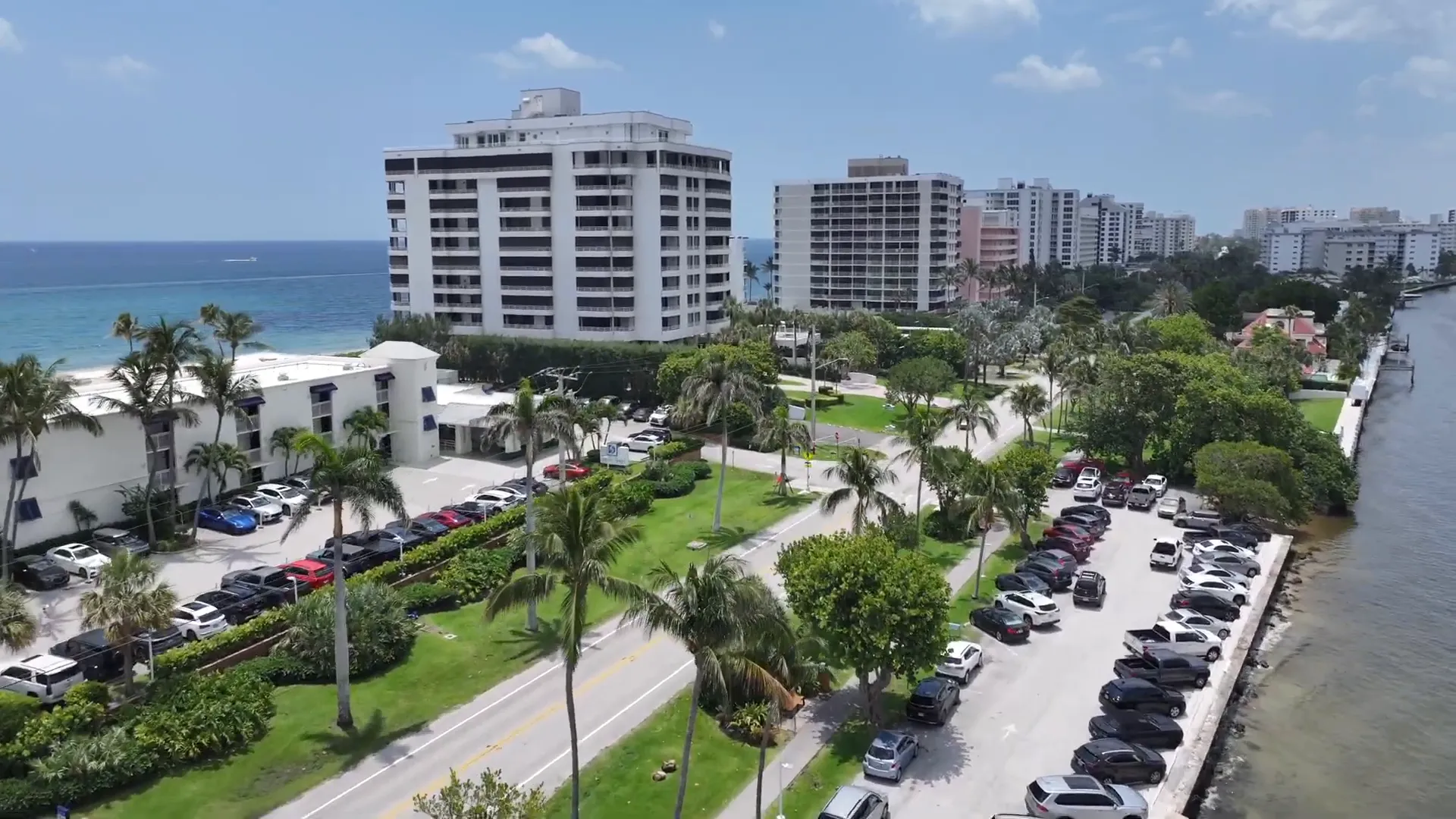
It’s not just personal moves either. Corporations are shifting as well. JPMorgan Chase, founded in New York City over 200 years ago and still employing 24,000 people there, has been moving talent by the thousands. As of last year, Texas officially surpassed New York as the company’s largest employee base, with 30,000 workers in Texas and another 15,000 in Miami.
Goldman Sachs, Citigroup, and other Wall Street institutions are quietly repositioning their workforces outside New York as well. These aren’t temporary decisions; they’re long-term hedges against uncertainty, taxes, and unpredictable policy shifts.
While Texas is gaining ground—especially Austin and Dallas—Florida is opening floodgates, particularly in Palm Beach, Boca Raton, Fort Lauderdale, and Miami. From firsthand experience, Manhattan contracts are stalling. Clients who were merely thinking about moving last month are now asking, “How fast can we do this?”
This migration is about more than taxes—it’s about lifestyle, personal freedom, safety, weather, and long-term financial peace of mind. People don’t want to gamble on what might happen; they want a plan B. And in many cases, that plan is already being executed.
What This Means For You
Now, let’s talk about why this move south isn’t just a knee-jerk reaction from billionaires. For high-income earners, business owners, and anyone with serious assets, Florida isn’t just a lifestyle upgrade—it’s a strategic move.
Tax Advantages
The most obvious benefit: in Florida, you keep more of what you earn. In New York, state income tax can be as high as 10.9%, plus nearly 4% more if you live in the city. That’s a massive chunk of your income.
Move to Florida, and you could be saving hundreds of thousands, if not millions, every single year.
Estate and Asset Protection
When it’s time to pass wealth to your children or grandchildren, Florida’s advantages become even clearer. The state collects zero estate tax, whereas New York can take up to 16% of your estate in taxes. For high-net-worth families, those percentages add up fast.
Florida also boasts some of the strongest homestead protection laws in the country, shielding your primary residence from most creditors. It’s also a favorable state for setting up LLCs and trusts, offering more flexibility than high-regulation states.
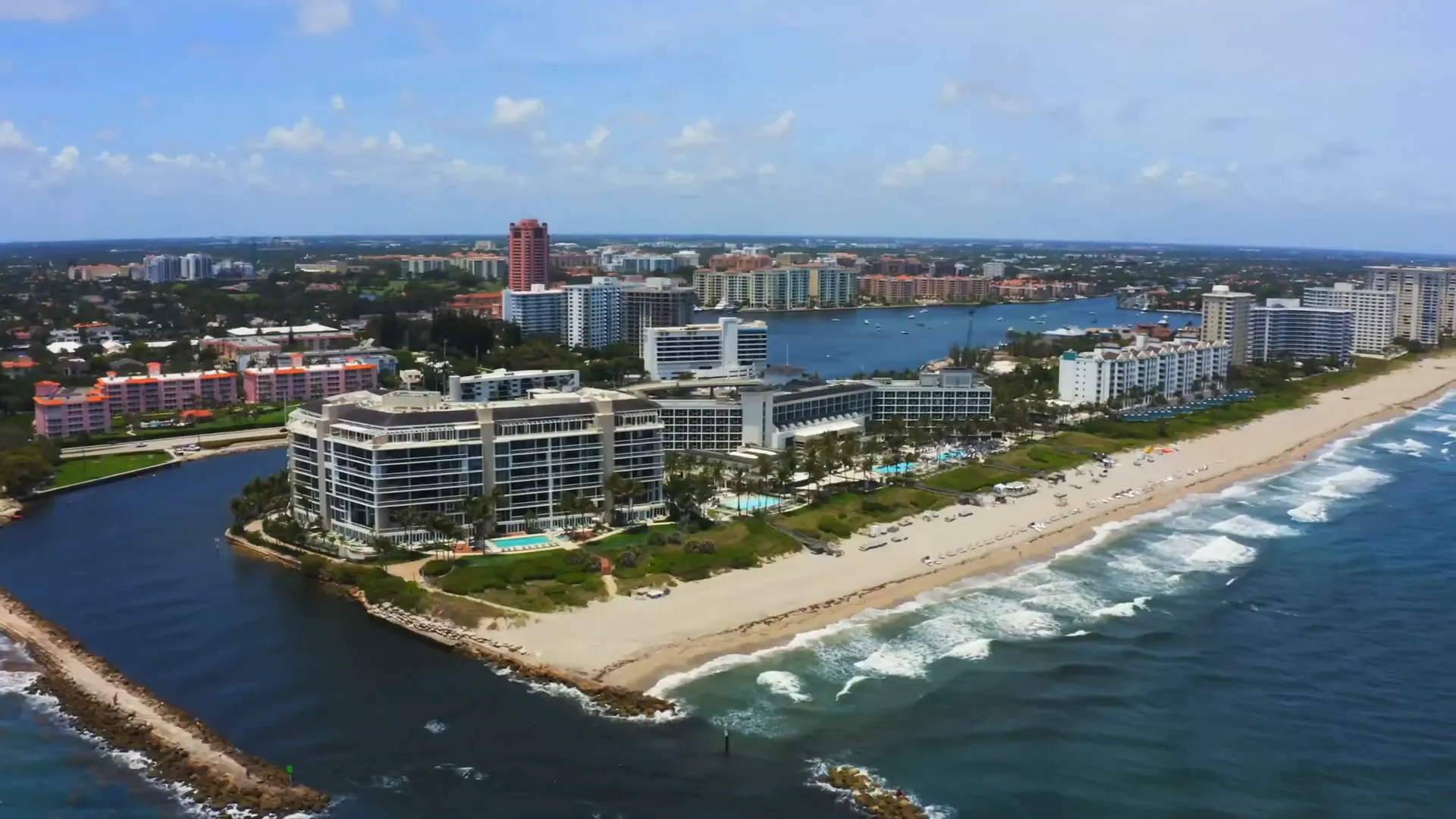
Property Taxes and Business Climate
Florida’s average property tax rate is under 1%, compared to 1.7% or more in New York. Thanks to the homestead exemption, annual increases on your primary home’s assessed value are capped, providing predictable long-term savings.
There are no franchise taxes or capital stock taxes in Florida, and the corporate tax rate is a flat 5.5%, making it highly attractive for businesses. This is why you’re seeing hedge funds, family offices, and tech companies relocate here in big numbers.
Residency Flexibility
Spend just 183 days a year in Florida, and you can claim tax residency. This means you can still keep a home in New York or California but dramatically reduce your tax liability. This flexibility is a game-changer for many.
Luxury Lifestyle
Florida offers more than just financial benefits. From private schools and concierge healthcare to gated communities, yacht clubs, country clubs, and direct access to private aviation, it’s a lifestyle upgrade. You get privacy, security, and luxury without the grind, cold, or daily drama of big city life.
Bottom line: if you’ve built real wealth, Florida isn’t just a nice place to vacation—it’s a smart place to live. And even if you don’t fall into the ultra-wealthy category, these financial principles apply whether you’re earning $100,000 or $10 million: keep more, stress less, live better.
That’s why so many people are heading south, and the trend is only accelerating.
Is It Time For You To Explore Florida?
If you’re a high-net-worth individual, business owner, or family considering a move, you’re not alone. The question isn’t if but when. Between the tax advantages, pro-business environment, and elevated lifestyle—from private clubs and world-class boating to gated communities and top schools—Florida checks every box for those seeking more freedom, privacy, and peace of mind.
Whether you’re thinking about Palm Beach, Boca Raton, Naples, Orlando, Tampa, Miami, or anywhere else in Florida, there are trusted partners across the state ready to help make your move seamless.
If you’re ready to explore properties or just want to have a smart conversation about your options, reaching out to experienced professionals who specialize in these transitions can make all the difference. Strategic planning tailored to your lifestyle is key to making this move smooth and successful.
Frequently Asked Questions
Why are NYC millionaires choosing Florida now?
The recent political shift in New York, especially Zohran Mamdani’s primary win with a platform targeting the ultra-wealthy through higher taxes and increased government control, has accelerated a pre-existing trend of wealthy individuals relocating. Florida offers significant tax savings, business-friendly policies, and an attractive lifestyle.
What tax advantages does Florida offer compared to New York?
Florida has no state income tax, no estate tax, lower property taxes, and a more favorable corporate tax environment. New York’s combined state and city taxes can exceed 14%, and estate taxes can be as high as 16%. These differences can save wealthy individuals and families hundreds of thousands to millions annually.
Is this migration limited to individuals or also companies?
It’s both. Major corporations like JPMorgan Chase and financial institutions such as Goldman Sachs are shifting large portions of their workforce to Florida and Texas. This is a strategic move to hedge against tax increases and policy uncertainty in New York.
What lifestyle advantages does Florida offer?
Florida provides a warm climate, luxury amenities like private schools, yacht clubs, gated communities, concierge healthcare, and direct access to private aviation. It combines privacy and security with a high quality of life, without the cold or congestion of big cities like New York.
How quickly can someone relocate from New York to Florida?
The timeline depends on individual circumstances, but many are moving quickly due to the urgency created by political and tax changes. With the right real estate and legal professionals, the transition can be streamlined and efficient.
Is this trend going to continue?
All signs point to yes. As tax and regulatory pressures increase in New York, and Florida continues to promote a business-friendly environment and lifestyle, the migration of wealth and talent southward is expected to accelerate.
Can I keep a home in New York and still claim Florida residency?
Yes. By spending at least 183 days in Florida annually, you can establish tax residency there, even if you maintain property in New York or other states. Proper legal and tax advice is essential to ensure compliance.
Conclusion
The great wealth exit from New York to Florida is more than just a headline—it’s a fundamental shift reshaping American wealth, real estate, and business landscapes. Zohran Mamdani’s primary win was the spark that ignited this current wave, but the migration has been building for years due to rising taxes, regulatory pressures, and lifestyle considerations.
Florida offers a compelling alternative: a pro-business environment, significant tax advantages, strong asset protection, and an elevated lifestyle that appeals to the ultra-wealthy and successful families alike.
If you’re considering a move, diversifying your investments, or upgrading your lifestyle, now is a pivotal moment to explore Florida’s opportunities. Whether it’s Palm Beach, Boca Raton, Miami, or beyond, the Sunshine State is ready to welcome you with open arms and ample resources to make your transition smooth and strategic.
For those ready to take the next step, connecting with knowledgeable professionals who specialize in high-end real estate and relocation is crucial to navigating this exciting journey.
In the ever-changing landscape of wealth and real estate, Florida stands out as a beacon of opportunity and freedom. Don’t just watch this trend unfold—be part of it.
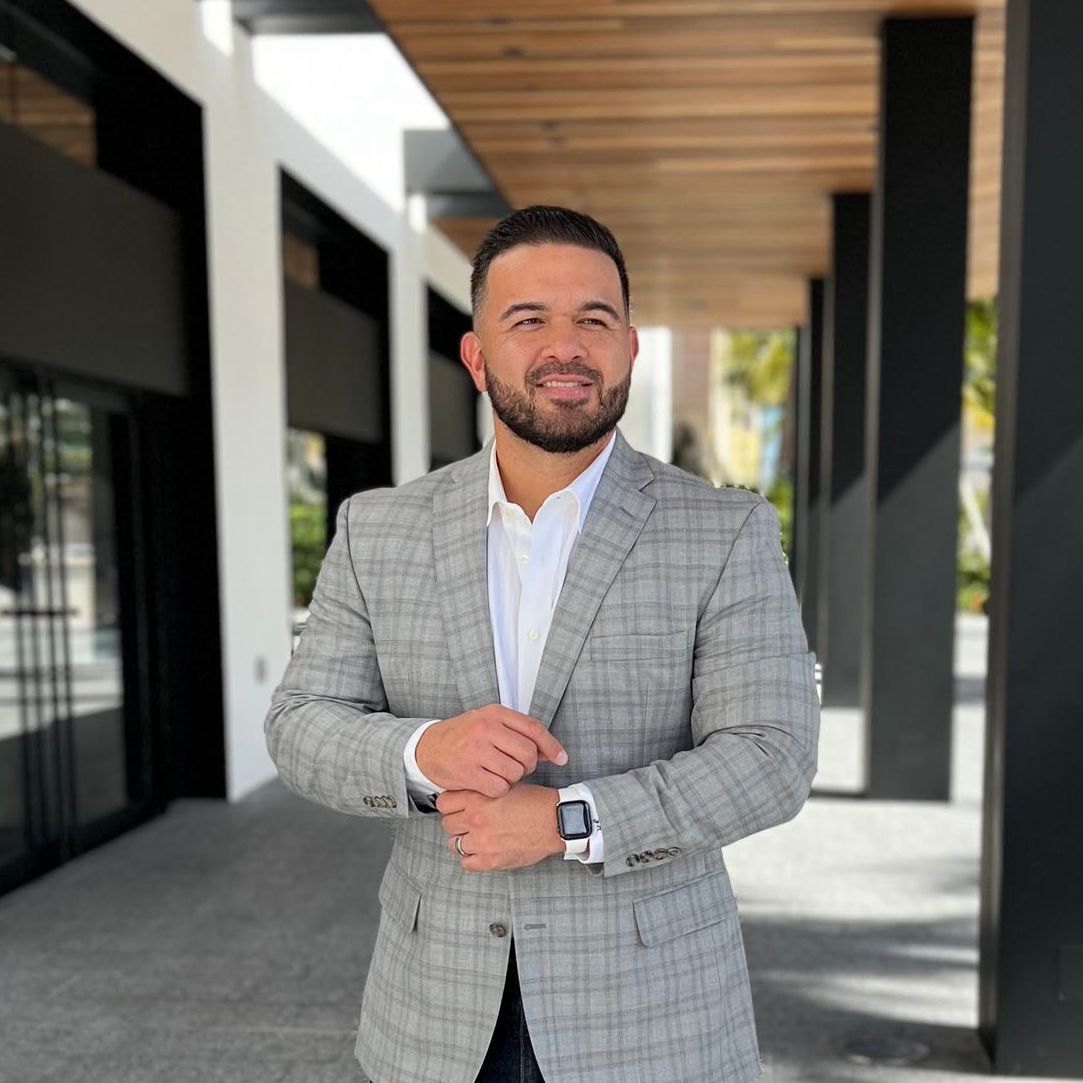
Jonathan Alexander creates educational YouTube content to guide potential buyers through the process of relocating to South Florida, offering insights on the best places to live and what to expect. As a seasoned Realtor®, he combines his expertise with a passion for helping clients make informed real estate decisions.


